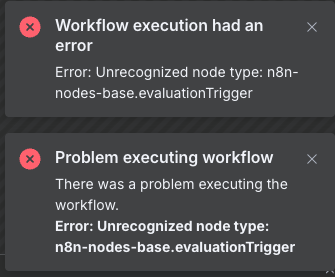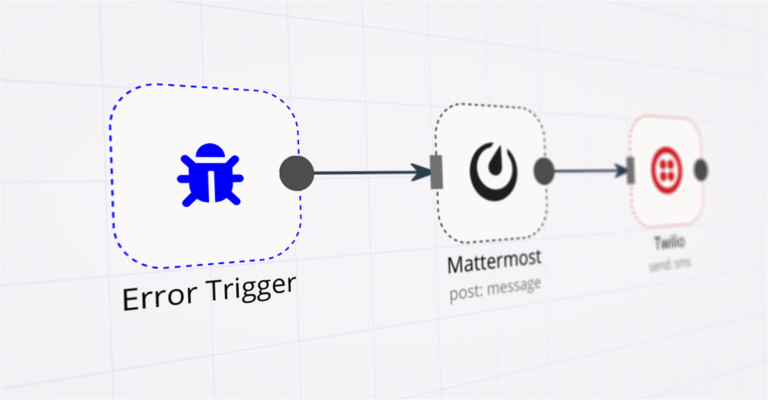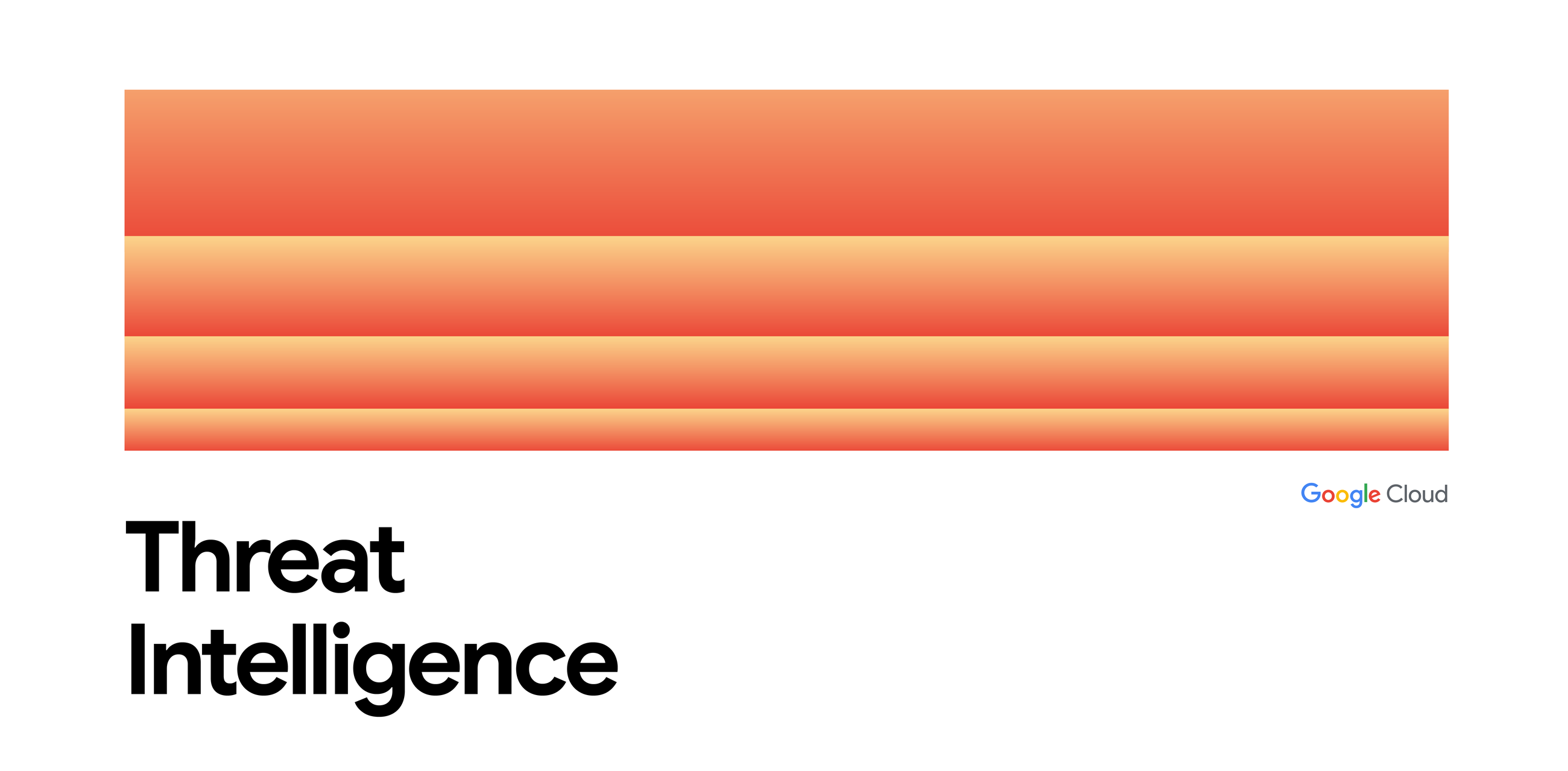
OpenAI, a research organization focused on artificial intelligence, has been at the center of a heated debate over the control and regulation of AI technology. With advancements in AI technology constantly evolving, there are growing concerns about the potential impact on society and the need for oversight and regulation.
The Role of OpenAI
OpenAI was founded with the mission to ensure that artificial general intelligence (AGI) benefits all of humanity. They have been at the forefront of AI research and development, making significant contributions to the field. However, their work has also sparked concerns about the potential misuse of AI technology and the need for safeguards to protect against its negative impacts.
The Debate
On one side of the debate are those who argue for the need for strict regulation and oversight of AI technology. They point to the potential risks associated with AI, including job displacement, privacy concerns, and the potential for AI to be used for malicious purposes. These advocates argue that without proper regulation, the negative impacts of AI could outweigh the benefits.
On the other side are those who believe in the potential of AI technology to bring about positive change and innovation. They argue that excessive regulation could stifle progress and hinder the development of beneficial AI applications. They also point to the difficulty of regulating a technology that is constantly evolving and changing.
Potential Solutions
Finding a balance between promoting innovation and ensuring responsible use of AI technology is a complex challenge. Some possible solutions that have been proposed include the development of industry standards and best practices, creating ethical guidelines for AI research and development, and establishing regulatory frameworks to govern the use of AI technology.
The Future of AI Regulation
The debate over the control and regulation of AI technology is likely to continue as AI advancements accelerate. OpenAI, as a leading organization in AI research, is in a position to play a pivotal role in shaping the future of AI regulation. It will be important for stakeholders from across the industry, academia, and government to come together to find common ground and establish a framework for the responsible use of AI technology.
Conclusion
As AI technology continues to advance, the debate over its control and regulation will only intensify. OpenAI and other organizations in the AI space have a responsibility to engage in this debate and work towards finding solutions that balance the need for innovation with the need for responsible oversight. The future of AI regulation will undoubtedly have significant implications for society as a whole, making it a critical issue to address.






